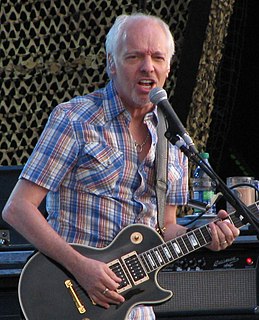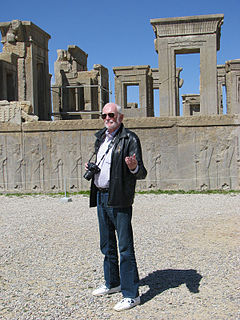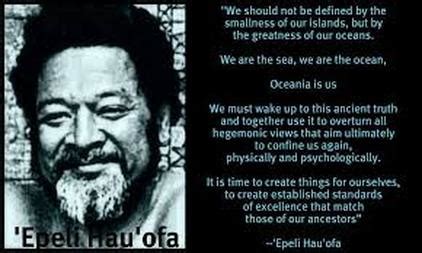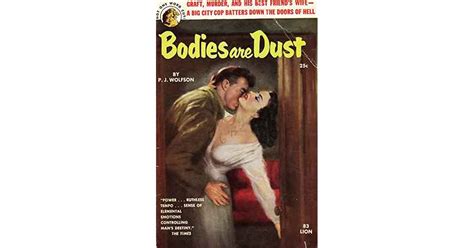A Quote by F. Scott Fitzgerald
Let us learn to show our friendship for a man when he is alive and not after he is dead.
Related Quotes
... we did decide to trust Christ, but the reason we made that decision is that God had first made us spiritually alive. ... God comes to us when we're spiritually dead, when we don't even realize our condition, and gives us the spiritual ability to see our plight and to see the solution in Christ. God comes all the way, not partway, to meet us in our need. When we were dead, He made us alive in Christ. And the first act of that new life is to turn in faith to Jesus.
The greatest responsibility in this world that God has laid upon us is to seek after our dead. The apostle says, 'They without us cannot be made perfect'; for it is necessary that the sealing power should be in our hands to seal our children and our dead for the fulness of the dispensation of times-a dispensation to meet the promises made by Jesus Christ before the foundation of the world for the salvation of man.
For some of us, books are as important as almost anything else on earth. What a miracle it is that out of these small, flat, rigid squares of paper unfolds world after world after world, worlds that sing to you, comfort and quiet or excite you. Books help us understand who we are and how we are to behave. They show us what community and friendship mean; they show us how to live and die.
It is an error to divide people into the living and the dead: there are people who are dead-alive, and people who are alive-alive. The dead-alive also write, walk, speak, act. But they make no mistakes; only machines make no mistakes, and they produce only dead things. The alive-alive are constantly in error, in search, in questions, in torment.
That the past is ahead, in front of us, is a conception of time that helps us retain our memories and to be aware of its presents. What is behind us [the future] cannot be seen and is liable to be forgotten readily. What is ahead of us [the past] cannot be forgotten so readily or ignored, for it is in front of our minds' eyes, always reminding us of its presence. The past is alive in us, so in more than a metaphorical sense the dead are alive - we are our history.
For man, the vast marvel is to be alive. For man, as for flower and beast and bird, the supreme triumph is to be most vividly, most perfectly alive. Whatever the unborn may know, they cannot know the beauty, the marvel of being alive in the flesh. The dead may look after the afterwards. But the magnificent here and now of life in the flesh is ours, and ours alone, and ours only for a time.
Let us ask ourselves seriously and honestly, 'What do I believe after all? What manner of man am I after all? What sort of show would I make after all, if the people around me knew my heart and all my secret thoughts?" What sort of show then do I already make in the sight of Almighty God, who sees every man exactly as he is?'







































